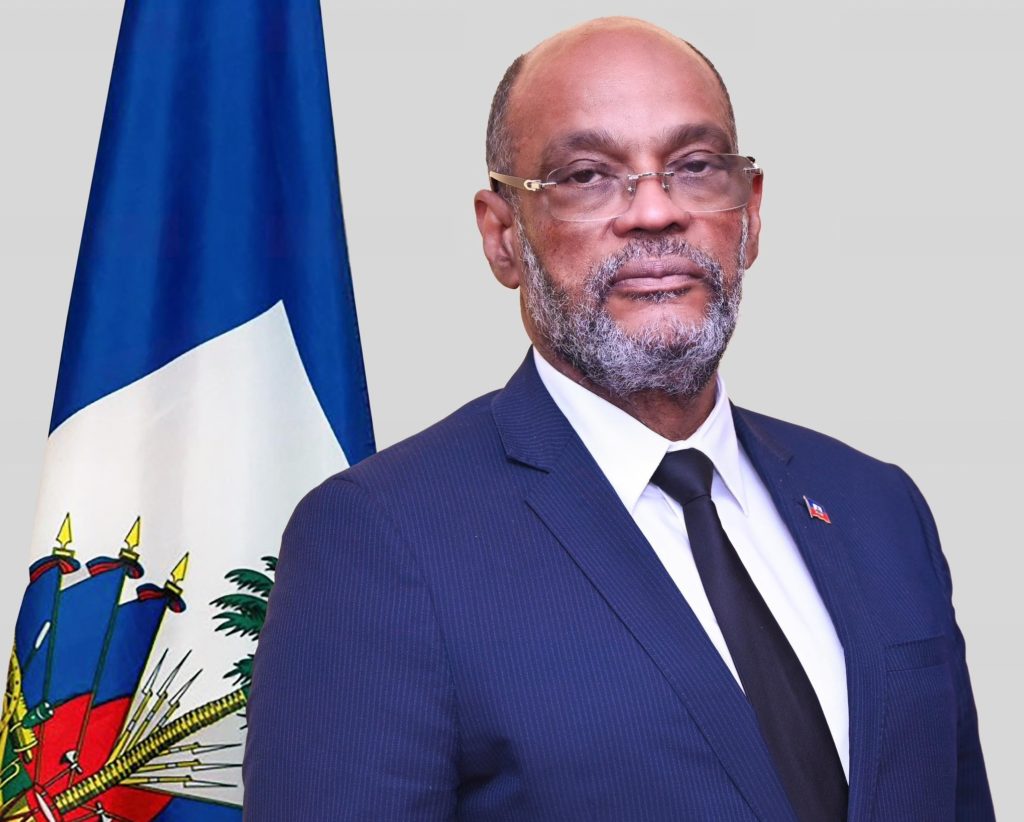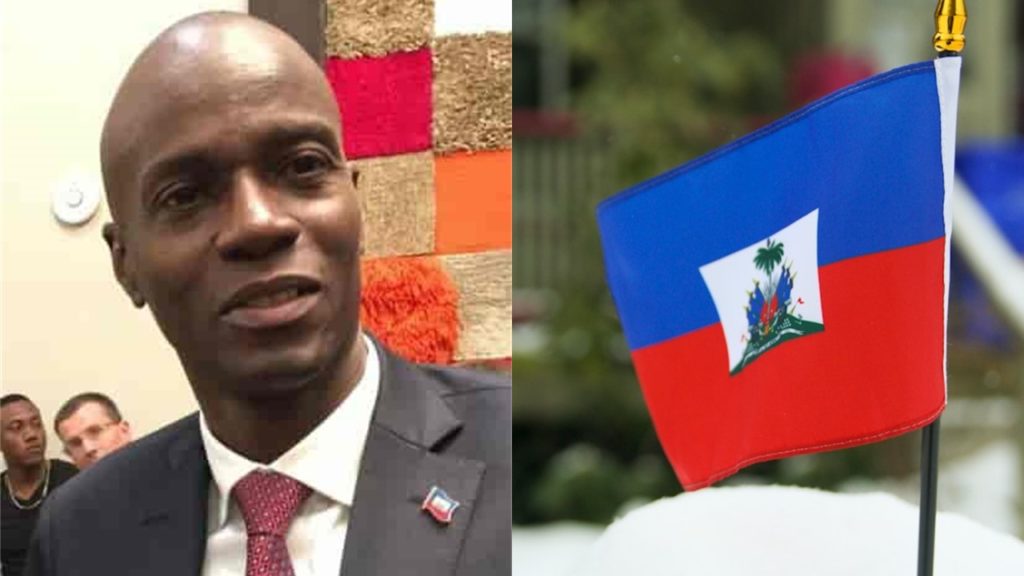
Following a period of speculation, Ariel Henry has stepped down as Haiti’s Prime Minister, a decision made public early today. The Haitian President, who has been abroad for the past few days, formally tendered his resignation through the Caribbean Community (Caricom). The announcement came from Irfaan Ali, Guyana’s President and current Caricom chairman.
Henry’s exit offers a glimmer of hope for his nation, aiming for a transition to establish a solid and recognized authority. In a video made in Haitian Creole, the leader acknowledged his acceptance of forming a “transitional presidential council.” He also stated his intention to manage ongoing matters until a new prime minister and government are appointed.
“For more than a week now, our country has been experiencing an increase in acts of violence against the population,” Henry lamented. “The government I lead cannot remain indifferent to this situation. As I have always said, no sacrifice is too great for our country,” he added.
Violence and threats of civil war
The prime minister’s departure comes against a backdrop of worsening violence throughout the country. For months, various criminal gangs have been fighting for power, and control a large part of the capital Port-au-Prince.
Over the past few months, Henry has been governing from his official residence, as accessing the government building was not possible. Recently, the president left Haiti, and it remains unclear when or if he will return. A former policeman, now leading a formidable criminal gang, has issued a threat of civil war unless Henry steps down from power, a move that was expected to take place by February 7.
Henry was appointed prime minister by President Jovenel Moise shortly before the latter was assassinated in July 2021 by a group of Colombian hitmen. Although violence was already a reality by that time, Moise’s disappearance opened a period of instability, and violence escalated.
Since then, Ariel Henry assumed power with repeated unfulfilled promises to open an electoral process that never came. Haiti has not held elections since 2016, eight years ago. As Henry has clung to power, the country has been sinking into social and political violence, in the face of the failure of several international attempts to deploy humanitarian troops.
Today, the reality is that power is in the streets, under the domination of illegal armed groups that control, among others, the presidential seat of power and the airport. Similarly, the prisons have been ransacked and a multitude of common criminals have been released and have joined the criminal gangs.
Seven-member Presidential Council
In his resignation message, Henry assured that “no sacrifice is too great” for the country. Likewise, the now acting Prime Minister assures that he is concerned about the increasingly violent situation in Haiti.
The current executive will be replaced by a transitional presidential council composed of seven members representing the country’s major political parties, the private sector and the Montana Accord, a coalition which had proposed an interim government after Moïse’s assassination, said Guyanese President Ali.
The council will also include two observers, one from civil society and the other from the religious community. Neither will have a vote. The members of this interim council may not be indicted, convicted or denounced by the United Nations, nor may they run for future political office.
“We are pleased to announce our commitment to a transitional governance arrangement that will pave the way for a peaceful transfer of power,” the Guyanese president stated. “To this end, we take note of the resignation of Prime Minister Ariel Henry,” added President Ali.
United States supports the transition
This Monday’s Caricom meeting was attended by the United States, through the Secretary of State, Anthony Blinken, who showed his country’s support for the new Haitian political process. The Americans have assured Henry that he would be welcome in the United States if he did not feel safe returning to Haiti.
From Jamaica, where Caricom has been meeting, Blinken announced a package of 100 million dollars to help in the Haitian political transition, thus supporting the international force that must participate in the stabilization process in Haiti.
This amount is in addition to the $300 million already pledged by the U.S. since the worst phase of Haiti’s chaos and violence began. However, President Biden has ruled out sending U.S. troops to the island.
The international troop deployment, approved by the United Nations at the end of 2023 and which was to be led by Kenya, has not yet begun, following internal Kenyan legal and political problems. Henry was in Kenya when the latest and most serious violence crisis broke out in his country, which prevented him from returning and finally forced his resignation.
The doctor turned politician
Ariel Henry, 74, is a renowned neurologist who studied medicine in Montpellier, France. He headed the neurosurgery department of one of Haiti’s most renowned private hospitals and taught at state universities in Port-au-Prince.
His political career started less than ten years ago. In 2015, President Michel Martelly appointed him Minister of the Interior, a position he held for less than eight months. After a change in the executive, he assumed the portfolio of Labor and Social Affairs for half a year, to leave politics until 2021, when President Moise called him to the post of prime minister.
Within two days of this appointment, Moise was assassinated in a spiral of conspiracies that is still being investigated and tried both in Haiti and in the United States, where several people have already been sentenced to life imprisonment for the assassination.
After several days of international pressure, in the face of the power vacuum, Henry was installed as the head of a government questioned inside and outside Haiti. Although so far he has not been charged for his alleged participation in the plot against Moise, it is known that on the night of the crime, Henry spoke by telephone with Joseph Felix Badio, one of the leading conspirators.

See all the latest news from Colombia and the world at ColombiaOne.com. Contact our newsroom to report an update or send your story, photos and videos. Follow Colombia One on Google News, Facebook, Instagram, and subscribe here to our newsletter.

